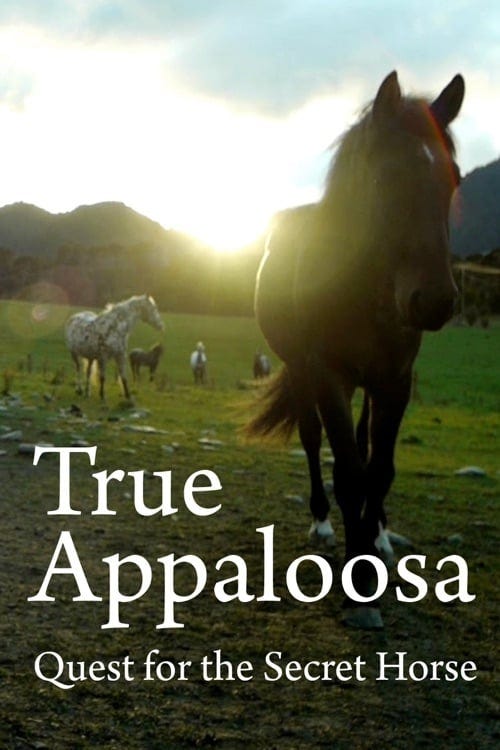
https://www.videodetective.com/movie/true-appaloosa-183601
The Appaloosa horse is one of the most distinctive and beloved breeds in the equestrian world. Known for its striking spotted coat, versatile abilities, and rich history, the Appaloosa stands out not only for its physical appearance but also for its unique characteristics and cultural significance.
http://marohina.fromc.com/blognplus/index.php?e=674
Distinctive Appearance
The Appaloosa’s most famous feature is its spotted coat, which can come in a variety of patterns and colors. These patterns include:
Leopard: White coat with dark spots spread over the entire body.
Blanket: White area over the hips with dark spots within the white.
Snowflake: Dark coat with lighter spots sprinkled across it.
Marble: A mottled pattern resembling marbled stone.
Frost: White flecks on a dark coat.
No two Appaloosas are exactly alike, making each horse a unique masterpiece of nature. Their striped hooves, mottled skin, and white sclera around the eyes further enhance their distinctiveness.
Versatility and Athleticism
Appaloosas are celebrated for their versatility. They excel in a variety of disciplines, including:
Western Riding: Their agility and stamina make them ideal for barrel racing, reining, and cutting.
English Riding: Many Appaloosas shine in show jumping, dressage, and eventing.
Trail Riding: Their sure-footedness and endurance make them excellent companions for long-distance rides.
Working Roles: Historically, they have been used for ranch work, hunting, and even as war horses.
Their adaptable nature and willingness to please make them a favorite among equestrians of all skill levels.
Rich History
The Appaloosa has a deep connection to North American history. The Nez Perce tribe of the Pacific Northwest played a crucial role in developing the breed. They selectively bred horses for speed, strength, and the distinctive spotted coat. These horses became an integral part of the tribe’s culture and daily life, aiding in hunting, travel, and even warfare.
However, the Appaloosa’s history is not without hardship. During the 19th century, the Nez Perce faced significant challenges, including the loss of their horses during conflicts with the U.S. government. The breed’s population dwindled, but thanks to dedicated breeders in the 20th century, the Appaloosa was revived and preserved for future generations.
Unique Traits
Beyond their physical beauty, Appaloosas possess several unique traits:
Intelligence: They are known for their quick learning and problem-solving abilities.
Loyalty: Appaloosas often form strong bonds with their owners and exhibit a friendly disposition.
Resilience: Bred for survival in diverse terrains, they are hardy and adaptable animals.
Color Genetics: The Appaloosa’s coat patterns are linked to the Leopard Complex gene, which also contributes to their distinctive features like mottled skin and striped hooves.
Cultural Impact
The Appaloosa’s striking appearance has made it a cultural icon. It frequently appears in art, literature, and film, symbolizing freedom, beauty, and the spirit of the American West. In 1975, the Appaloosa was named the official state horse of Idaho, further cementing its legacy.
Conclusion
What makes the Appaloosa horse truly special is its combination of beauty, versatility, and historical significance. Whether admired for its unique coat, celebrated for its adaptability, or cherished for its cultural heritage, the Appaloosa remains a symbol of resilience and individuality. For horse enthusiasts, the Appaloosa is not just a breed—it is a testament to the enduring bond between humans and horses throughout history.
Horse breeder Scott Engstrom has been trying for years to prove that the Appaloosa, a rare American horse breed, came from Asia and not Spain. With only 109 true Appaloosas left in the world the question is vital. After spotting a horse uncannily like an Appaloosa on a TV show filmed in Kyrgyzstan, the fiery 69-year-old heads for central Asia.